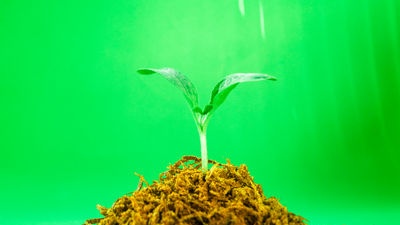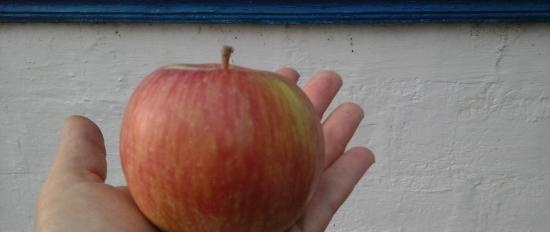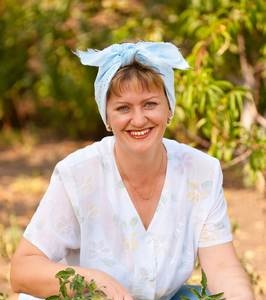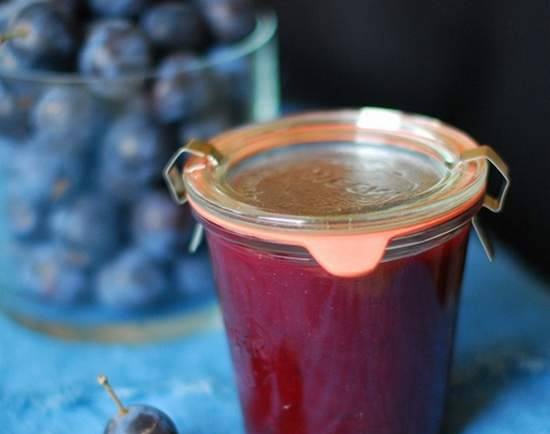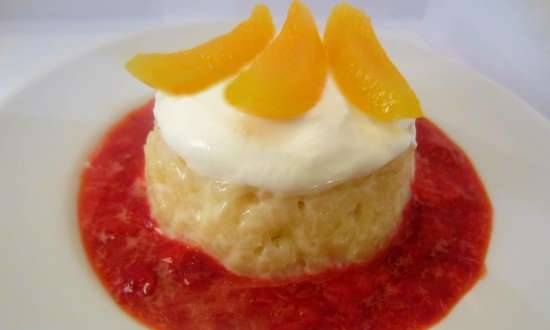7 questions about gardening |
|
Question: Is root cancer harmful to fruit trees?Answer: Currently, most researchers have come to the conclusion that root cancer is practically harmless. Saplings in the nursery and mature trees in the garden with cancer tumors on the roots grow no worse than healthy trees. According to the staff of the I. V. Michurin Research Institute of Horticulture (Michurinsk) I. I. Vanin and S. N. Stepanov, no cases of tree death from this disease were observed. However, among gardeners there is still an opinion about the harmfulness of root cancer. They reject planting material with cancer growths. Question: How to store pesticides?Answer: All pesticides must be stored in special warehouses or storerooms. These rooms are placed in a dry place, they must have good ventilation, sound floors, walls, roofs, doors and locks; should be isolated from food and fodder storage areas. It is strictly forbidden to store pesticides together with other goods, in open areas, under a canopy and in damp basements. Question: In the special literature there is an expression: "active temperatures". What does this mean?Answer. The growth and development of all plants takes place at specific temperatures for each of them. Most fruit plants and grapes begin to develop at a temperature of + 10 and above. For their growth and ripening of the crop during the growing season, a certain amount of heat is required, that is, the sum of degrees of average daily temperatures. This will be the sum of active temperatures. Question: Is it possible to improve the structure of clay soil without manure. Also tell us how to use Caucasian currant berries?
Answer: All organic residues (sawdust, grass, fallen leaves, peat) improve the structure of the soil and enrich it with nutrients. Weed grasses must be mowed before seed formation on them to avoid soil clogging. Question. How does mountain ash affect the pollination of apple trees, plums, cherries?Answer. The presence of rowan trees and chokeberry bushes (chokeberry) in the garden does not have a negative effect on the pollination of fruit crops. Question. In the dried annual shoots and branches of black currant, I found moves pests... What are they and how to deal with them?Answer. Shoots and branches of black currant most often damage the larvae of the currant beetle and the caterpillar of the currant beaker. Glass butterflies and currant beetles lay their eggs on the bark. From the born larvae and caterpillars bite into the shoots and make passages in their core. Question. How to eliminate wasps that harm berries, fruits, grapes and domestic bees?Answer. From the family of wasps, the Asian hornet and the small hornet are widely known, common in the republics of Central Asia and in the Caucasus. The small hornet damages berries, fruits (apricots) and grapes. He is a carrier of pathogens of bacillary dysentery and fecal microflora. Often, grapes are damaged by wasps of other species. They use different methods to destroy wasps. Their nests are dusted with DDT dust or scalded with boiling water. Adult wasps are caught with baits. Fio Similar publicationsRead nowAll recipesRead now |
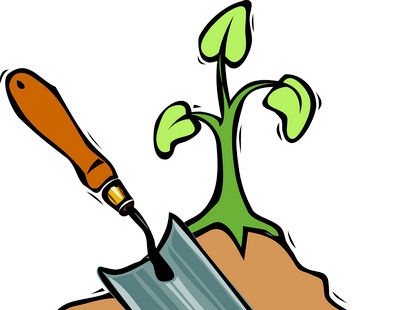 The answers to topical questions of modern truck farming and gardening are presented.
The answers to topical questions of modern truck farming and gardening are presented.